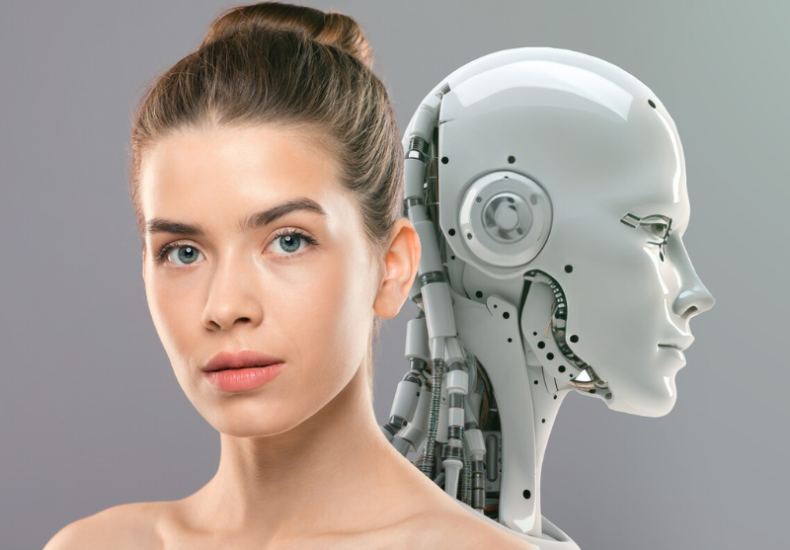
Application of AI Technology in the Beauty Industry
The beauty industry has witnessed a remarkable transformation with the advent of artificial intelligence (AI) technology. From enhancing customer experiences to revolutionizing product development and marketing strategies, AI is reshaping how beauty brands operate and engage with consumers. This article explores the various applications of AI in the beauty sector and its impact on both consumers and businesses.
1. Personalized Product Recommendations
One of the most significant applications of AI in the beauty industry is the ability to offer personalized product recommendations. By analyzing customer data, including skin type, concerns, preferences, and purchase history, AI algorithms can suggest products tailored to individual needs. Brands like Sephora and L’Oréal have implemented AI-driven platforms that allow customers to receive personalized skincare and makeup recommendations, enhancing the shopping experience and increasing customer satisfaction.
2. Virtual Try-Ons
AI technology has revolutionized how consumers try on beauty products through augmented reality (AR). Virtual try-on applications enable customers to see how makeup products will look on their faces without the need for physical samples. For instance, YouCam Makeup and L’Oréal’s AR Try-On allow users to experiment with different shades of lipstick, eyeshadow, and foundation in real-time using their smartphones. This innovative approach not only enhances customer engagement but also reduces the risk of returns.
3. Skin Analysis and Diagnostics
AI-powered skin analysis tools have become invaluable in the beauty industry. These tools utilize computer vision and machine learning to analyze skin conditions and provide personalized skincare recommendations. Applications like Dermalogica’s Face Mapping and Olay’s Skin Advisor assess skin health by examining factors such as hydration levels, texture, and signs of aging. This technology empowers consumers to make informed choices about their skincare routines, leading to better results.
4. Trend Forecasting and Market Research
AI is also transforming how beauty brands conduct market research and forecast trends. By analyzing vast amounts of data from social media, customer reviews, and online shopping behaviors, AI algorithms can identify emerging trends and consumer preferences. Brands can leverage this information to develop products that align with market demands and stay ahead of competitors. Companies like Estée Lauder and Revlon are using AI analytics to optimize product launches and marketing strategies.
5. Enhanced Customer Support
AI-powered chatbots and virtual assistants are increasingly being used in the beauty industry to enhance customer support. These AI systems can handle customer inquiries, provide product information, and assist with order tracking 24/7. For example, Sephora has implemented a chatbot on its website that helps customers find products and answers common questions, improving the overall customer experience while reducing the workload on human staff.
6. Product Development and Formulation
AI technology is also playing a crucial role in product development and formulation processes. By analyzing consumer feedback and preferences, AI can help beauty brands create innovative formulations that meet specific consumer needs. Companies are utilizing AI to optimize ingredient combinations, improve product efficacy, and reduce time-to-market for new products. This approach enables brands to develop targeted solutions for various skin types and concerns.
7. Supply Chain Optimization
AI can enhance supply chain management in the beauty industry by predicting demand, optimizing inventory levels, and improving logistics. By analyzing sales data and market trends, AI algorithms can forecast product demand more accurately, helping brands avoid overstocking or stockouts. This optimization leads to cost savings and improved operational efficiency.